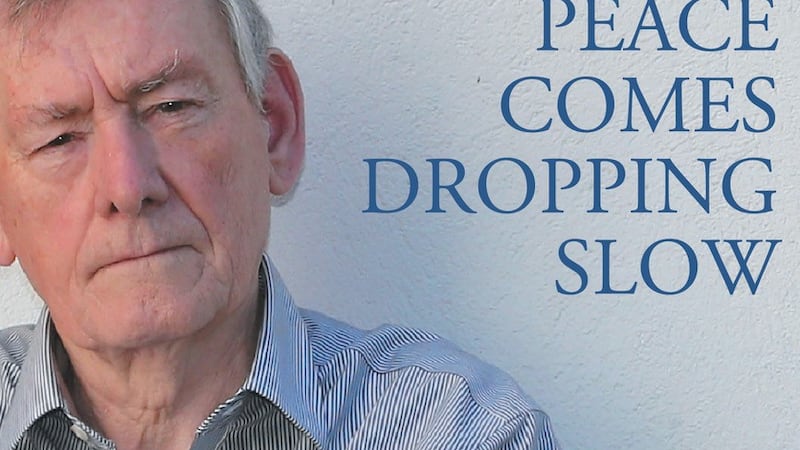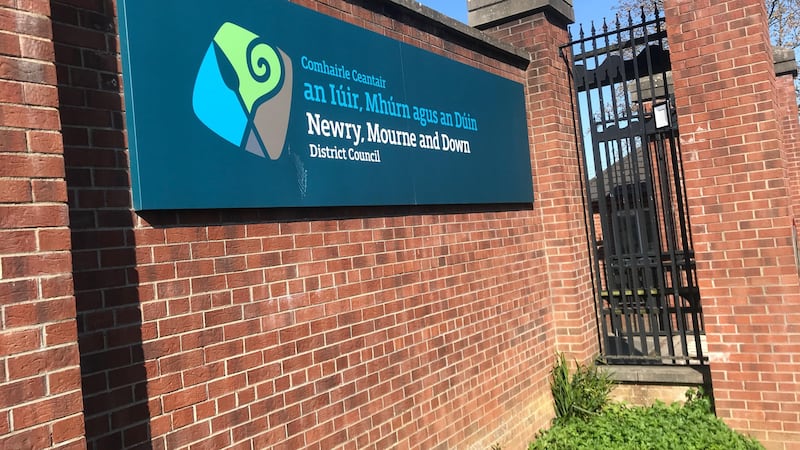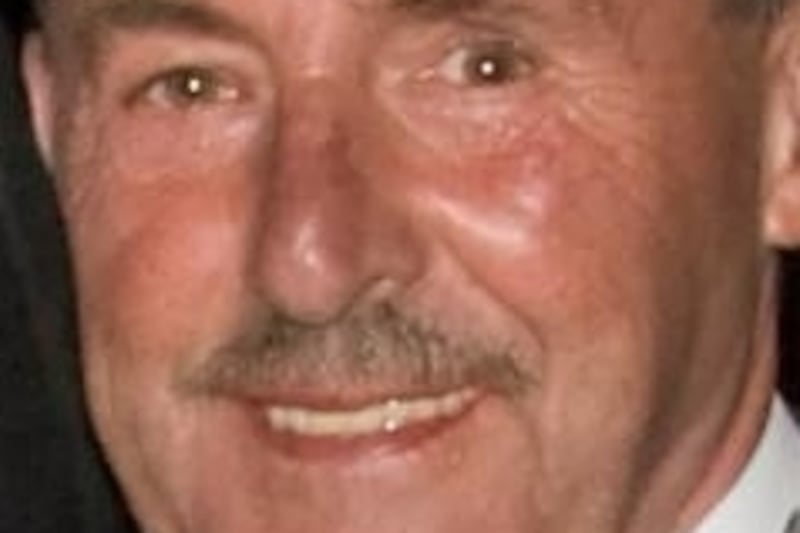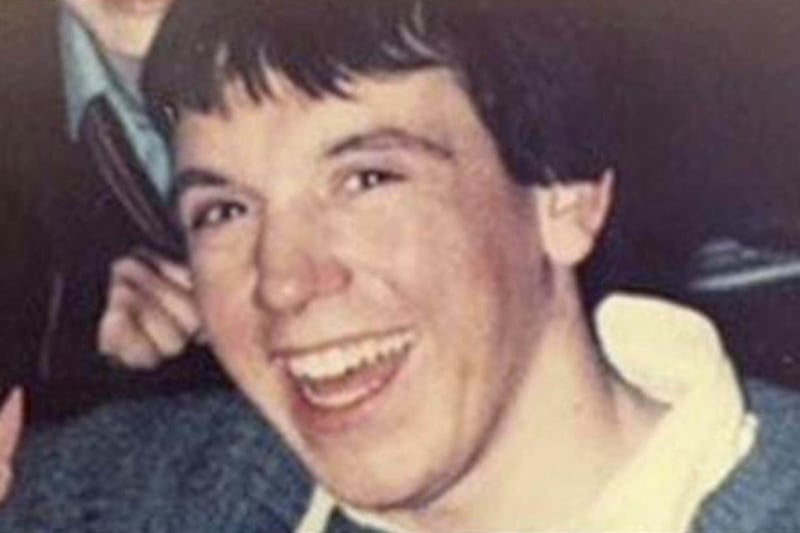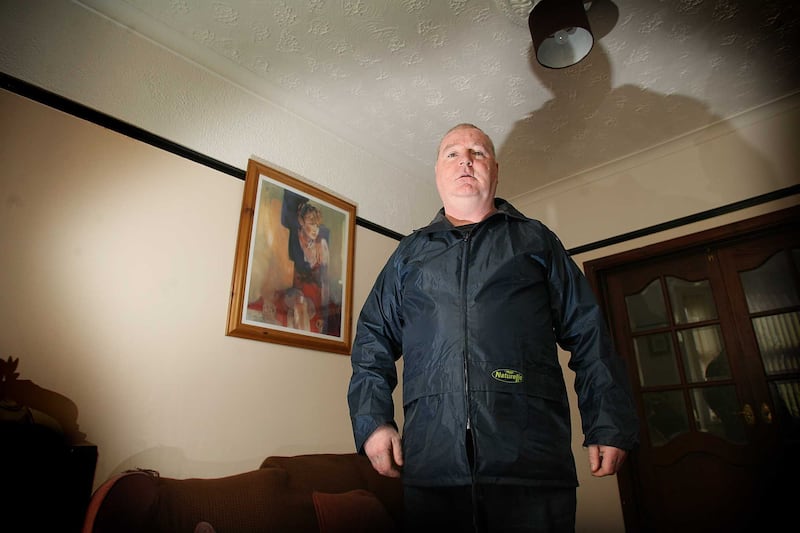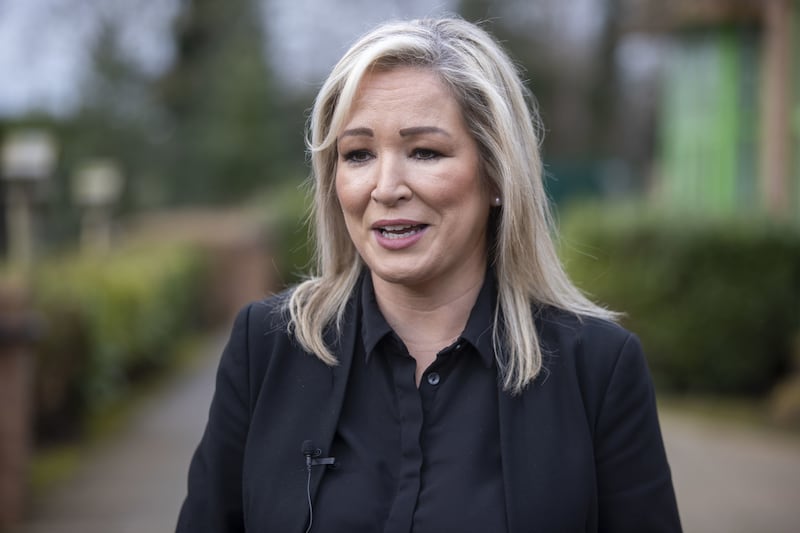Former Derry-based priest Denis Bradley has told how he was “accidentally” pitched into the role of peacemaker during the Troubles.
In a new book the former Co-Chair of the Consultative Group on the Past sheds fresh light as a backchannel between the IRA and British authorities during the years of conflict.
In ‘Peace Comes Dropping Slow: My Life in the Troubles’ Mr Bradley reveals how he and two other Derry men, Brendan Duddy and Noel Gallagher, acted as a secret link between the waring factions.
Mr Bradley reveals how as a priest in Derry’s Bogside he began working as a go-between after 14 Catholic men were shot dead by British soldiers in the city in 1972 on Bloody Sunday.
“I happened to be purely accidentally thrown into the road that I suppose….led to the negotiations that led ultimately, I suppose, the peace,” he said.
“But that took a long time and that was a very slow burn.
“I was involved in that and the backchannel was involved in that from after Bloody Sunday, right through the first ceasefire, which was ‘75-’76 and then failure of that.
“And then the arid years, when very little happened between the major two killings machines, which was the IRA and the British army.”
Mr Bradley said that at times he found he process frustrating.
“I came and went within that time, changed my lifestyle….I left the priesthood and set up other organisations,” he said.
“But I was never fully away from it.”
Mr Bradley said that one of the people “most responsible” for setting up the backchannel was Frank Lagan, the former head of the RUC in Derry.
“He played a major part in my life and played a major part in that situation, at a distance now, he wasn’t involved in the day-to-day stuff,” he said.
“He was involved in the bringing together, I suppose, of a number of us and a number of them, them being MI6 initially then being MI5.
“But that type of diplomacy, which ultimately leads to politicians getting into a room to talk to each other, or indeed to talk to terrorists, as their definition goes.”
Mr Bradley believes the book offers “new and novel” insight into the “efforts of Noel Gallagher”.
While the roles of Mr Bradley and Mr Duddy are well documented, less is known about the contribution of Mr Gallagher, a local businessman, who forged close links with successive Irish political leaders.
The book also reveals that during a critical stage in negotiations prior to the IRA ceasefire Mr Bradley sought, and was given assurances by former senior Sinn Féin Martin McGuinness, that Mr Duddy, who felt in danger, was not under threat from republicans.
Mr Bradley also confirms that in 1993 as a result of talks with with a former MI5 go-between republicans offered a two-week or more ceasefire, requested by the British, to allow further contacts to take place, but this was then not accepted by London.
A ceasefire was called the following year.
Mr Bradley said that one of the themes running through the book is that “in a conflict you have to talk to the extremes”.
“There’s no sense thinking that the middle ground will ultimately get rid of the extremities of the situation, particularly in an old, unresolved political conflict that is the Anglo-Irish situation,” he said.
:: Published by Merrion Press ‘Peace Comes Dropping Slow: My Life in the Troubles’ is available now.
